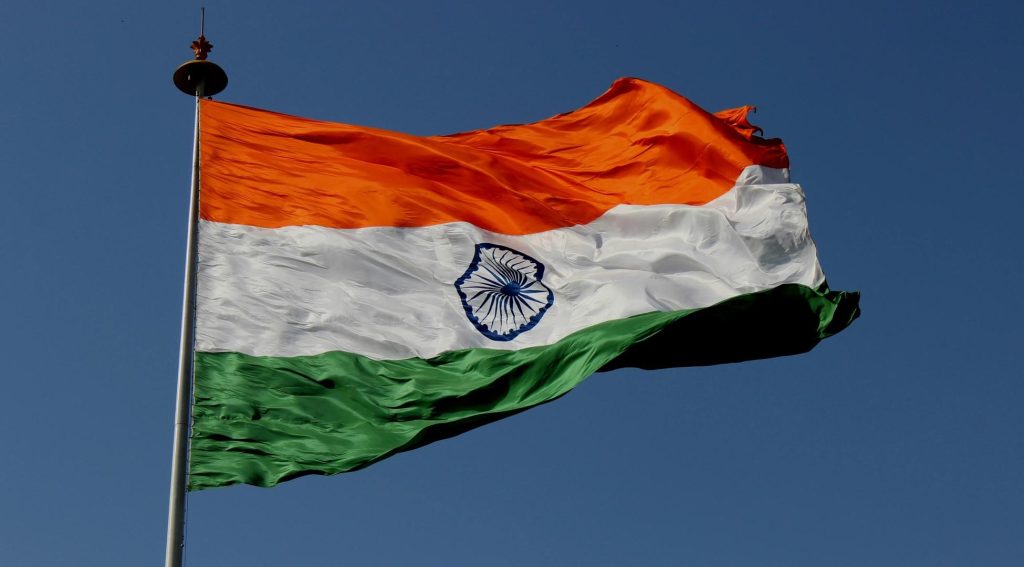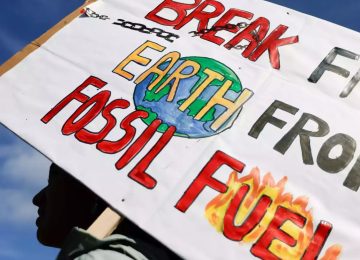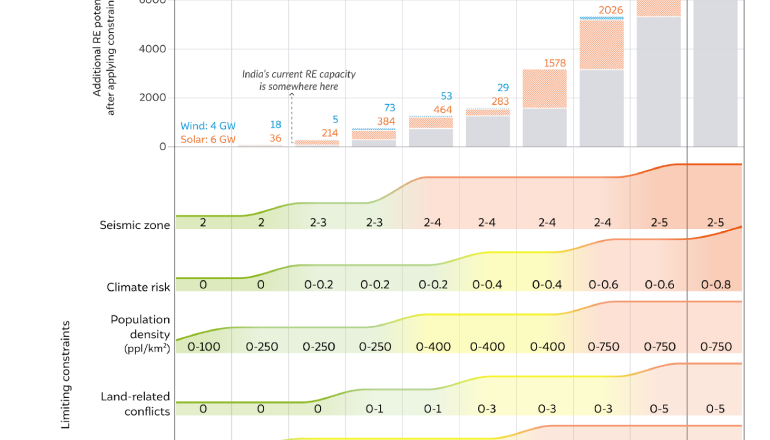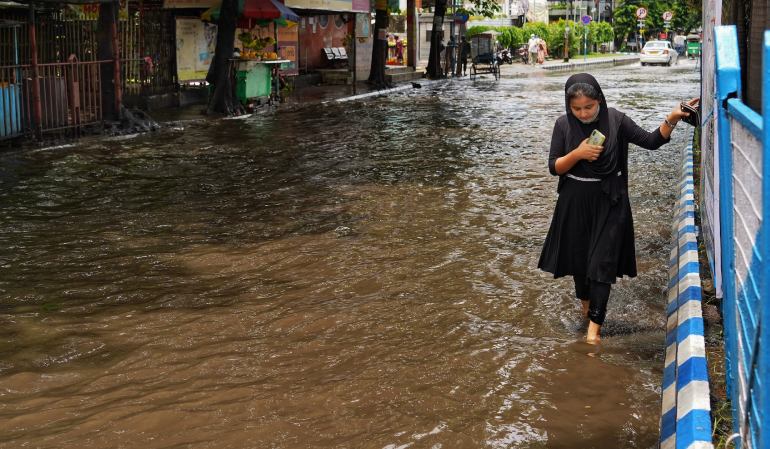In a significant stride towards sustainable development, India has, for the first time, entered the top 100 countries in the United Nations’ Sustainable Development Goals (SDG) Index.
Securing the 99th position out of 193 nations in the 2025 global rankings, India’s performance marks a notable improvement, surpassing regional counterparts like Bangladesh (114th) and Pakistan (140th).
The latest Sustainable Development Report (SDR), released by the UN Sustainable Development Solutions Network, attributes India’s ascent to substantial progress in key areas including poverty reduction, access to clean energy, healthcare, and infrastructure. India achieved a score of 67 on the index, reflecting a steady upward trajectory from its previous rankings.
The 17 Sustainable Development Goals, adopted by UN member states in 2015, aim to eradicate poverty, reduce inequality, improve health and education, protect the environment, and foster global cooperation by 2030. These goals encompass critical objectives such as “No Poverty” (SDG 1), “Good Health and Well-being” (SDG 3), and “Affordable and Clean Energy” (SDG 7).
While the global pace of SDG achievement remains off-track, with only 17% of targets on track for 2030, East and South Asia are emerging as regional leaders. India’s progress aligns with this trend, alongside gains seen in Nepal and Bangladesh. European nations, particularly Finland, Sweden, and Denmark, continue to dominate the top spots.
India’s improved score is largely credited to the successful implementation of various welfare schemes and a strong push for renewable energy.
Flagship government initiatives like the Pradhan Mantri Awas Yojana (housing), PM Ujjwala Yojana (LPG connections), Jal Jeevan Mission (piped water), Swachh Bharat (sanitation), and Ayushman Bharat (health cover) have played a crucial role in accelerating the nation’s SDG journey.
The country’s renewable energy share, now at 46.3% of total capacity and exceeding 200 GW, significantly contributes to its improved ranking and its ambition to reach 500 GW from non-fossil sources by 2030.
This milestone not only underscores India’s accelerated multi-sectoral development strategy but also positions the country as a more influential voice in international sustainability discussions.
The release of the SDG 2025 report precedes the 4th International Conference on Financing for Development (FfD4) in Seville, Spain.
Meanwhile, the report highlights concern about the disproportionate flow of global capital to developed nations, leaving emerging economies with fewer resources to meet SDG targets, emphasizing the urgent need for global financial architecture reform.













